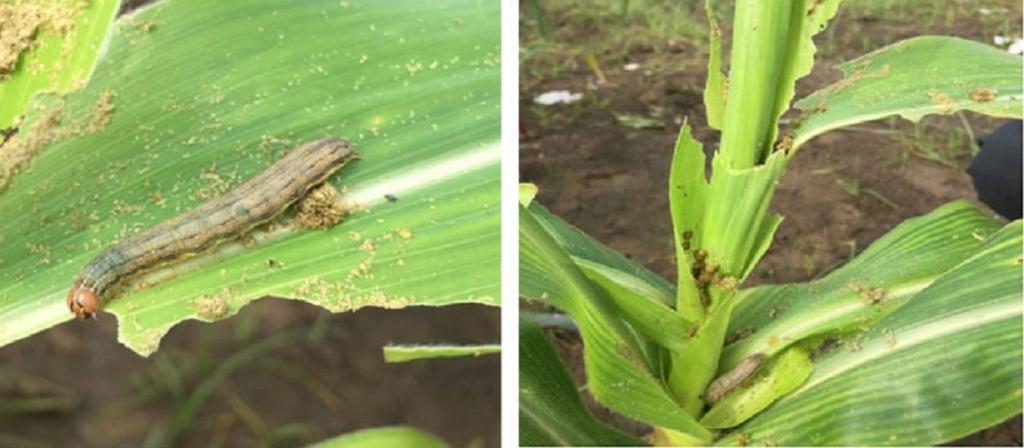Guwahati:Continuous warm temperatures for prolonged periods may have led to the serious pest infestation in Assam that damaged around 28,000 hectares of paddy crop in at least 15 districts. The crop was nearing maturity and about to be harvested when the pests attacked it. The pest (Mythimna separata) is known as the ear head cutting caterpillar, rice ear-cutting caterpillar, or armyworm. It feeds on leaves and can cut off panicles from the base of a crop plant, frequently leaving the field looking like it has been grazed by cattle.

During an outbreak, the pest multiplies in large numbers and moves in swarms from field to field, like an army, to feed and attack the crops.Experts told while the presence of the pest has been reported from the state for several years, this is the first time that the attack has happened on such a large scale. This, they said, was partly due to continuous warm temperatures for prolonged periods. “An increase in temperatures with dryness creates a favourable condition for the pest population to increase,” said Mridul Deka from the plant protection department of Assam Agricultural University. On November 22, both the maximum and minimum temperatures were above normal in at least seven districts in the state, for which data was available at the Regional Meteorological Centre. In Guwahati, the maximum temperature was 31.4 degrees Celsius, 4.5 degrees above normal for this part of the year. In a warming world, changes in both temperature and rainfall are the two big drivers of shifts in how and where pests and diseases spread.

